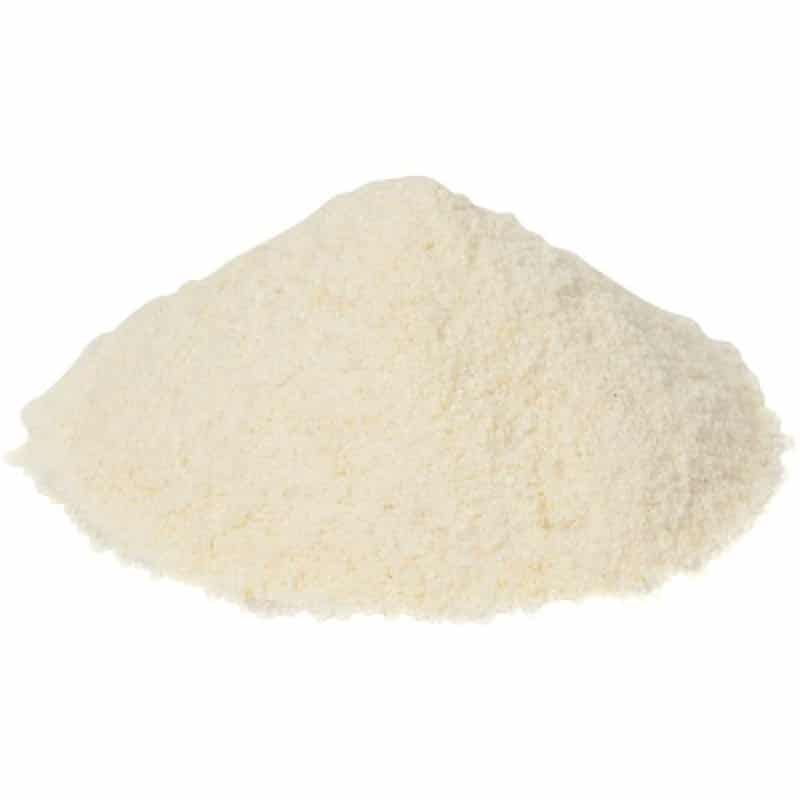Description
Ascorbic Acid is a natural antioxidant. Humans do not produce vitamin C naturally, as a result we have to resort to ingesting it and applying it topically with skin care products to get our dose of this vital nutrient. Vitamin C typically is either synthetic or natural. Ascorbic Acid is derived from natural sources and is found in fruits and vegetables. Ascorbic acid is a very active form of vitamin C and is the most bioavailable. However, it can be highly unstable, and can oxidize easily if not properly formulated.
INCI: Ascorbic Acid
Appearance: Off white to white powder
Purity: >99.7% Pure
Manufacturers suggested Usage : 0.5 to 3%, Add to the water phase. Check here for oil soluble Vitamin C
Solubility: Water
Common Uses/ Benefits
Vitamin C is known to assist in the production of collagen that support the skin and keep it firm. Ascorbic Acid or Vitamin C is a naturally occurring anti-oxidant that can slow down hyperactive melanocytes in the upper layers of the skin when applied topically. Vitamin C can help protect your skin from free radicals. free radicals can lead to visible signs of aging like dark spots and wrinkles. Vitamin C has the ability to brighten dull skin, lighten pigmentation, and promote collagen synthesis-collagen giving skin plumpness and suppleness. It is popularly used in skin care products for its anti-aging benefits.
- Potent antioxidant (scientifically proven to be able to protect skin from oxidative damages)
- Can improve appearance of aged and fragile skin
- Widely used as add-on ingredient in skin-lightening products to correct hyperpigmentation and age spots
- Antioxidant effect can be improved by combining vitamin C with vitamin E and Ferulic Acid.
- Stability can be improved by packaging in airless and UV protected containers.




Nseobong Tommy (verified owner) –
Vivian Imadojemu (verified owner) –
Ijeoma E. (verified owner) –
Ngozi Caroline (verified owner) –
Damilola (verified owner) –
Good packaging and price